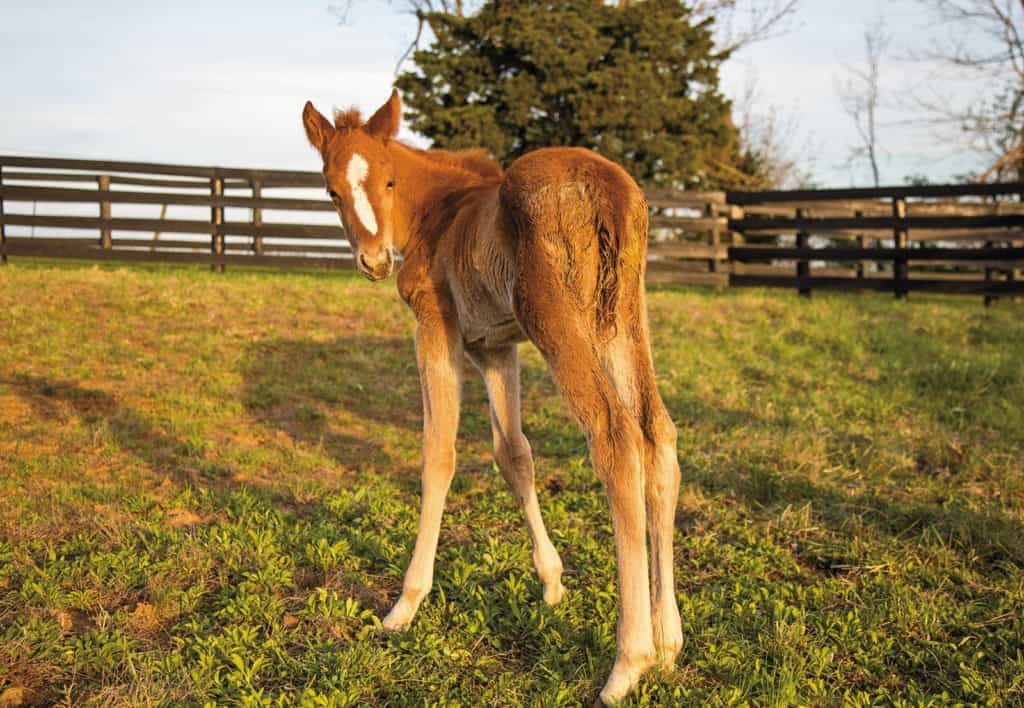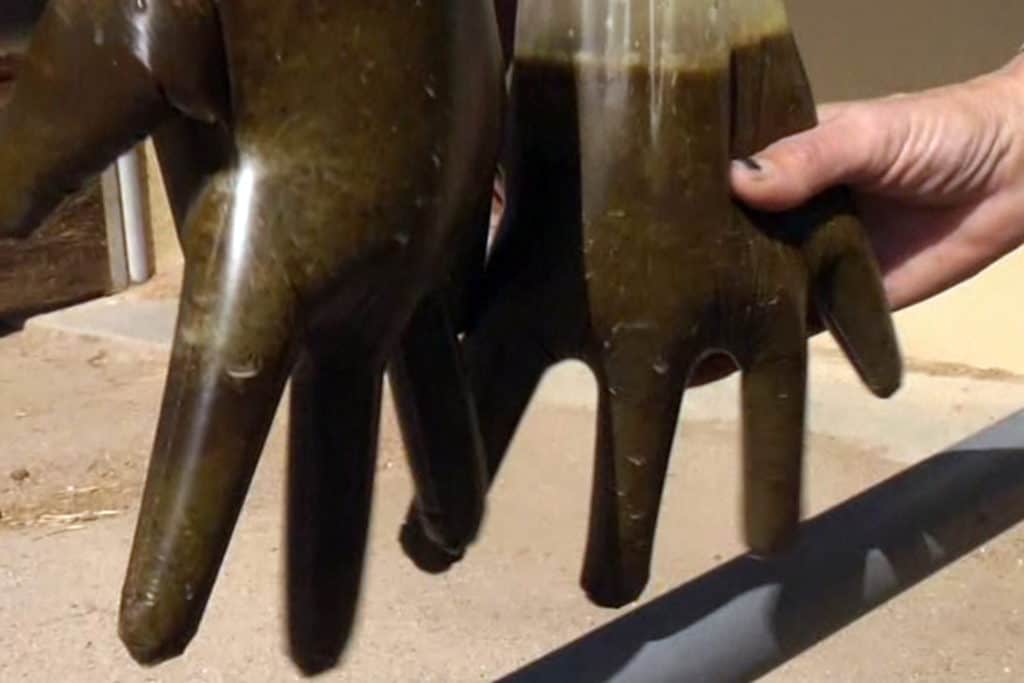
In The News: Coronavirus
Is equine coronavirus the same or similar to the disease currently making headlines for initially infecting people in China and other countries?

Is equine coronavirus the same or similar to the disease currently making headlines for initially infecting people in China and other countries?

Learn about this highly contagious virus, how it spreads between horses, why it’s important to diagnose, ways to minimize chances of infection, and how to diagnose and treat the disease.

While some types of diarrhea in horses present little to worry about if watched carefully, others can be life-threatening. Read more about this condition’s causes, diagnosis, and treatment.

Our equine nutritionist offers her secrets for solving chronic diarrhea in horses.

Orphan foals raised with a correct balance of nutrients and monitored for growth, food consumption, and weight gain can be every bit as tall, strong, and athletic as foals raised by their dams.

From infectious disease to microbial imbalance in the gut, causes of chronic diarrhea in horses run the gamut. And, veterinarians agree, finding a solution should be a methodical trial-and-error process.

Learn about special characteristics of each part of the horse’s digestive tract and different medical conditions that can develop there.

Use this four-step plan to keep equine infectious diseases in check.

Researchers are discovering how the vast and varied microbes in the horse’s gastrointestinal tract impact equine health.

The probiotic researchers tested had “disappointing” results, but not all studies have yielded negative results.

Watch for these conditions that impact nutrient absorption and lead to weight loss in horses.

Dr. Nathan Slovis shares information about the causes and diagnosis of diarrhea in foals and adult horses.
The program includes lectures on feeding senior horses, saddle fitting, moon blindness, bandaging, and more.

Dr. Joanna Robson of Inspiritus Equine in Napa, Calif., discusses some of the options for treating equine diarrhea, including using probiotics for balancing digestive microflora, deworming, and reducing stress.

Too much sand in your horse’s intestines can cause diarrhea, blockages and colic. Dr. Sharon Spier shows you a how to measure the amount of sand your horse is excreting. (2:18)

Coronavirus–common in foals–could be associated with enteric disease outbreaks in adult horses.
Stay on top of the most recent Horse Health news with
"*" indicates required fields